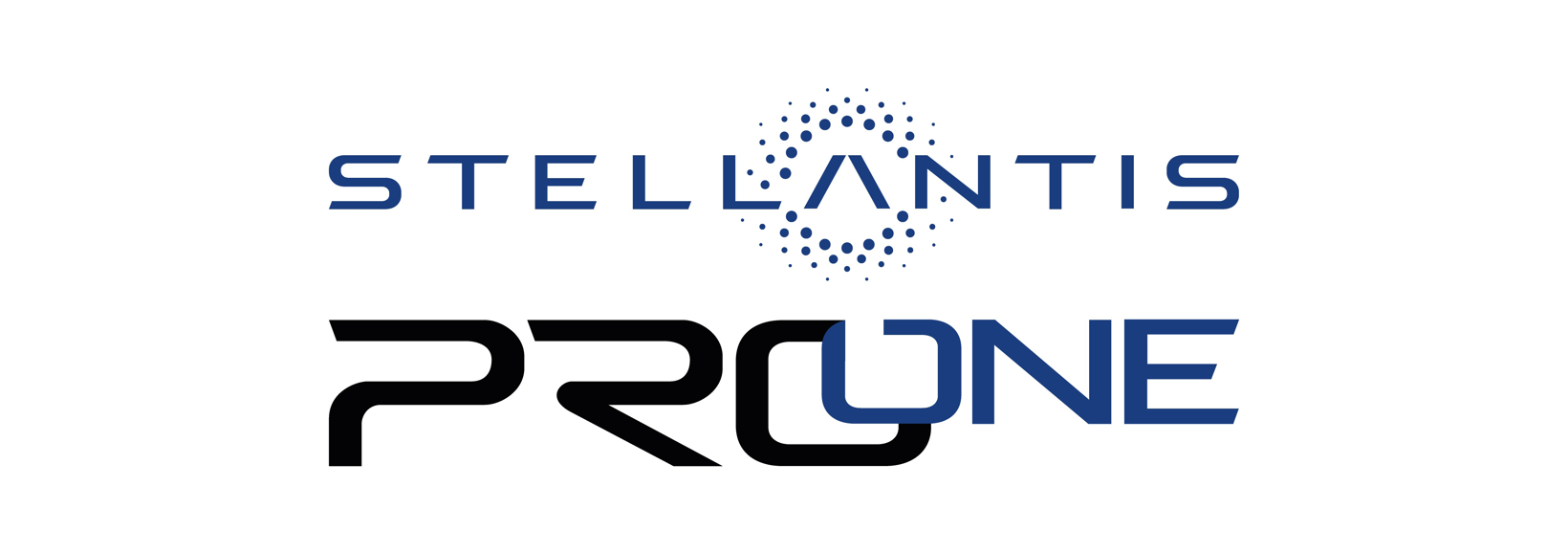Stellantis announced on July 16 that it will terminate its hydrogen fuel cell technology development project, following reports that it will withdraw from the hydrogen vehicle joint venture Symbio. In a press release, Stellantis cited a lack of hydrogen infrastructure, significant capital investment requirements, and the need for stronger purchase incentives as reasons for its belief that hydrogen-powered light commercial vehicles will not achieve high market penetration before 2030. As a result, Stellantis has decided not to launch the new generation hydrogen fuel-powered commercial vehicle Pro One this year, and plans to mass-produce current hydrogen fuel-powered medium and large vans in Hordain, France, and Gliwice, Poland, have also been shelved. Jean-Philippe Imparato, Chief Operating Officer of Stellantis' European division, stated: "The group is fully committed to addressing Europe's stringent carbon emissions regulations, and we have decided to stop the hydrogen fuel cell technology development project. The hydrogen fuel market remains niche and lacks economic sustainability in the medium term. To remain competitive, we must make clear and responsible decisions and meet consumer needs through electric and hybrid passenger and light commercial vehicle products." Stellantis noted that the decision to terminate the hydrogen fuel cell technology development project will not affect employees at its production bases, and R&D activities and teams related to hydrogen technology will be reassigned to other projects. Regarding the joint venture Symbio with French tire manufacturer Michelin and global automotive technology supplier Faurecia, Stellantis stated it is in discussions with other shareholders to assess market impact and uphold Symbio's best interests according to their obligations. Previously, Michelin and Faurecia confirmed to Bloomberg that Stellantis plans to cease business investments in the hydrogen fuel cell company Symbio by 2026. Michelin expressed that Stellantis's decision was unexpected and shocking, and the company's primary concern is the impact of this decision on Symbio's employees in France and abroad. Faurecia stated that this move will have a significant and direct impact on Symbio's future operations and financial situation.
Stellantis Halts Hydrogen Fuel Cell Technology Development Amid Market Concerns

Share this post on: